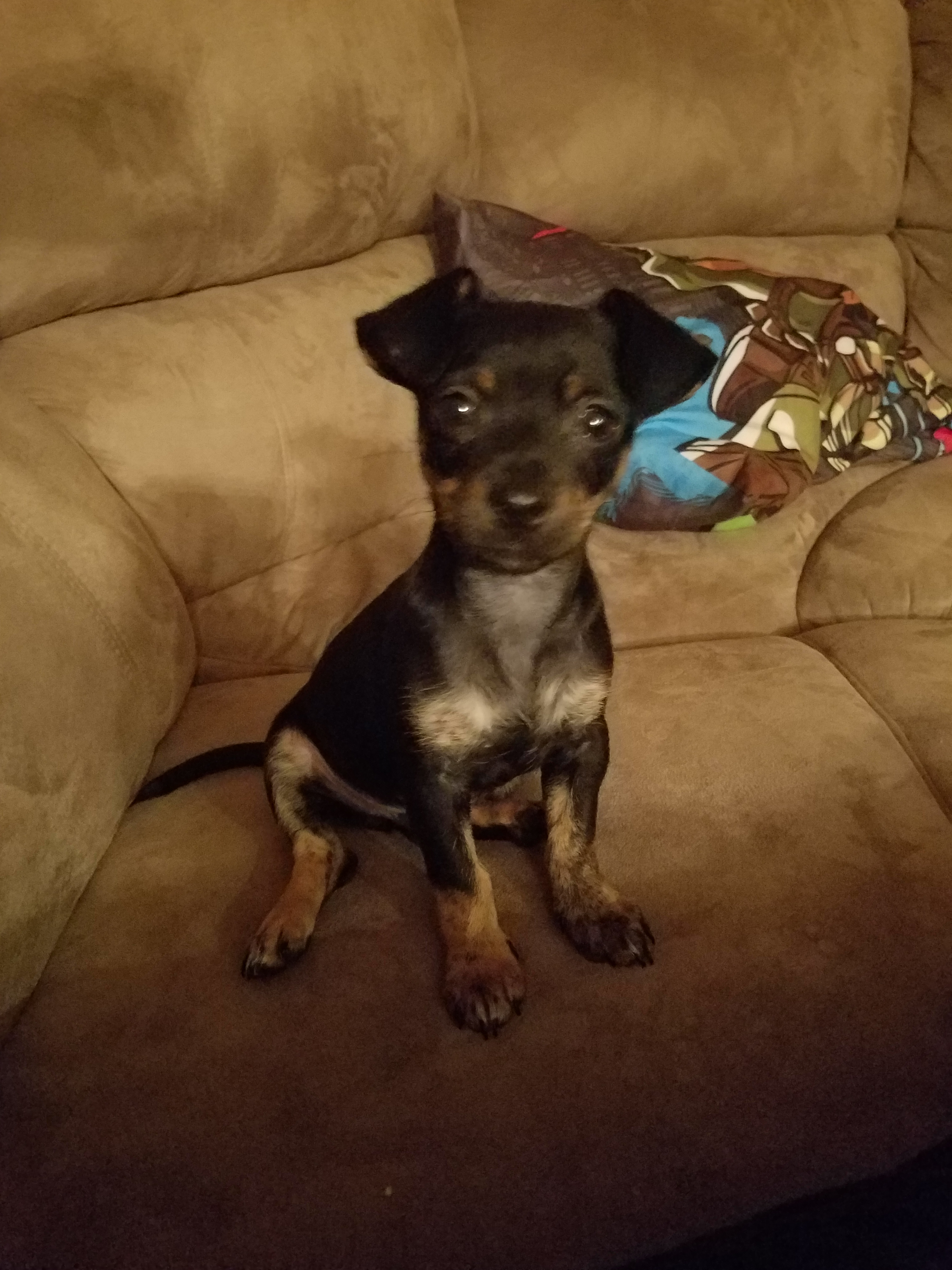This is my favorite tongue twister. “Generalization”. So. Many. Syllables. Honestly though, it is a word I use almost daily. It is defined as “a general statement or concept obtained by inference from specific cases”. In training we use it as an indication of an animal’s understanding of a concept or cue. For instance, training a dog to “sit” in your kitchen with a treat and a very low distraction environment is a fairly easy task. Generalizing that same cue to every other circumstance and environment might be more of a challenge.

(I use the couch more often than the kitchen.) I incorporate the idea of generalization in all of my training. Group and private lesson clients are encouraged to take their dogs out to different places to practice their new cues. Boarded training dogs are trained inside, outside, with other animals, by children, and in stores. I tell clients that unless they practice in multiple scenarios, sit doesn’t mean sit. If a dog has generalized a cue, he understands that sit means sit in the kitchen, in the pet store, at the vet’s office, or on an airplane (just not Delta).
Very intelligent dogs can generalize quite quickly and only need to repeat a cue a few times in a few environments to understand what is wanted of them. I usually recommend that the average dog practice any new cue at least 100 times in 5 or 10 types of environments over the course of their first year of training. Environments might include your home when only family is there, your home during a party, a busy store, a relatively empty store, a park, a place with other animals of all types, or a woodland area. All of these places pose different challenges for the dog in training.
Once a cue is completely generalized, the dog can be considered trained in that cue. At this point, food rewards can be infrequent and unpredictable. A dog should always be rewarded, through physical or verbal praise, or with play. This is where I find a lot of clients struggling. Most people can teach their dog to sit, perhaps to come (most of the time) and to lay down and even persuade the dog not to pull on the leash. Then I get the calls about “Muffin lays down when she wants to” and “Biscuit only comes when we’re in the house.” (Yes, I’m wanting some baked goods.) A few private lessons later, we’re struggling to come up with new cues for the dog because the owner really is quite diligent and the dog has generalized the cues that were originally a problem.
So if you’re struggling to get a dog to follow through on a cue that you KNOW you taught him, ask yourself if you have generalized that cue. Have you taught him to play dead in a crowded room before? Maybe he needs some help understanding what you’ve asked. And if you’re still stumped, contact us.
